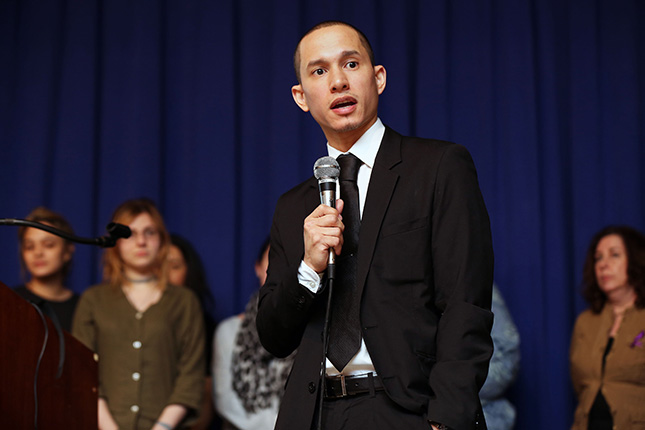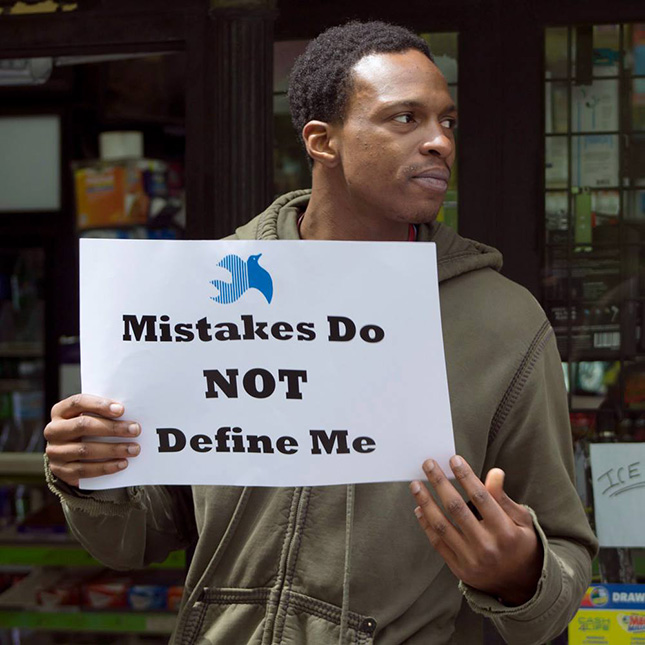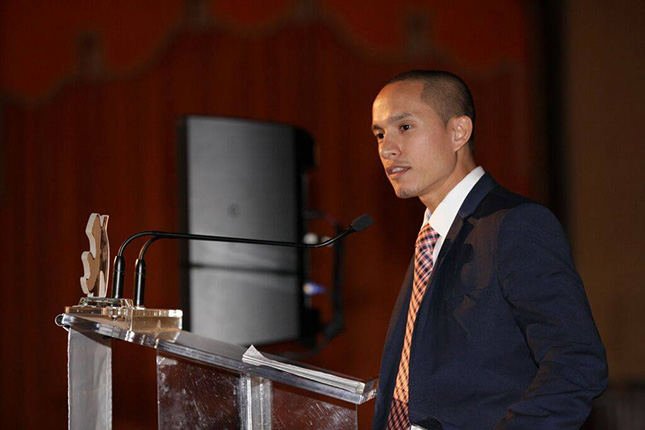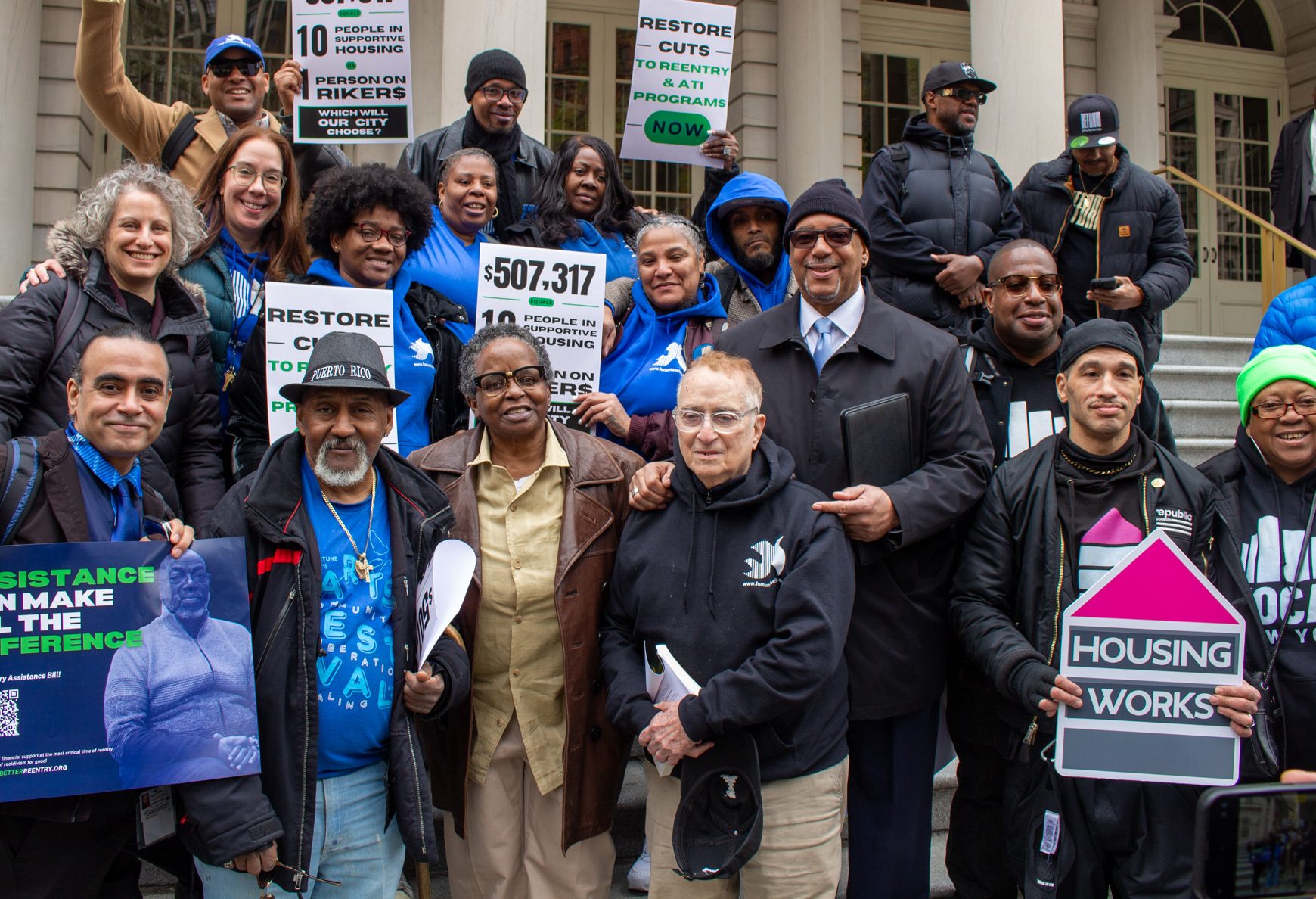BLOG
- CRIS-J
- Atlas HOPE
- Women Rising
- Supervised Release
- Digital Equity
- Recovery (the NEST)
- Care Management
- Housing
- Employment Services
- Education
- Family Services
- Alternatives to Incarceration
- Mental Health
- Substance Use
- Treatment Services
- Health Services
- Benefits Application Assistance
- Food and Nutrition
- Creative Arts
- Transitional Services
- DRCPP
- Events
- Participant Stories
- 2024
- 2025
- 2026
- AAPI
- activities
- advocacy
- affordable housing
- album release
- Annual Gala
- Anthony Rivera
- art
- Arts
- Arts Festival
- Asian American
- ATI
- Atlas
- Behind Bars
- Behind the bird
- benefits
- benefits access
- Better Living Center
- Beyond Release
- Black History Month
- BLC
- Bloomberg Fellowship
- book club
- bronx
- business owner
- C-CAP
- Career
- career readiness
- Career Readiness for Reentry
- career success
- CARES Act
- case management
- case manager
- Castle
- Castle Gardens
- CEO
- chef troy
- Children
- choir
- Community
- community event
- counseling
- court advocacy
- court mandate
- creative
- Creative Arts
- CRIS-J
- culinary arts
- cybersecurity awareness month
- david rothenberg
- David Rothenberg Center for Public Policy
- DE
- DEI
- Delacorte
- desistance
- dest2nation
- Digital
- Digital Divide
- digital equity
- digital skills
- Diversity Equity and Inclusion
- donate
- DRCPP
- Drone
- Education
- election
- employment
- employment assistance
- employment services
- emplyoment
- entrepreneurship
- event
- exhibition
- fair chance for housing
- fair housing
- Fair Housing Month
- family
- family services
- Father's Day
- fatherhood
- food
- food and nutrition
- food insecurity
- food pantry
- food pantry bronx
- Fortune Faces
- Fortune Flyers
- Fortune Fresh. food access
- Fortune News
- fortune programs
- Fortune Singers
- Fortune staff
- Fortune50
- Freedom House
- fundraising
- Gala
- Gala2021
- gallery
- gardening
- GED
- giving
- Grow with Google
- guide
- GWG
- healing
- health
- healthcare
- Healthcare Coordination
- healthy lifestyle
- Heritage Month
- HIV
- HIV/AIDS
- holiday party
- Hope and Justice
- housing
- HSE
- identity theft
- interns
- internship
- Joe's Pub
- Journey
- Justice in Action
- Labor Day
- leadership
- learning
- legislation
- legislative priorities
- LGBT
- LGBTQ
- LGBTQIA+
- mandaela
- Mandaela Community
- Marathon
- Martin Luther King Day
- mass incarceration
- Medicaid
- medical student
- Mental Health
- mental health treatment
- mentor
- mixtape
- mock interview
- MoMA
- MoMA PS1
- mothers day
- Music Cafe
- musical
- Native American
- NEST
- new hire
- new program
- new year
- New Year Message
- New York City
- newsletter
- nutrition
- nutrition counseling
- NYC Marathon
- online safety
- organizing
- Pacific Islander
- pantry
- parenting
- parents
- Participant Stories
- Path
- peer support
- Performance
- performing arts
- policy
- policy center collective
- Pride
- Pride Month
- priorities
- professional
- professional development
- public benefits
- public health
- Public Theater
- Public Works
- readiness
- reconnecting
- Recovery
- reentry
- research
- Resource Guide
- resources
- RISE
- Rob DeLeon
- robotics
- Runner
- service center
- Shakespeare in the Park
- Shelter
- skill building
- skills building
- sky garden
- SNAP
- Solitary Confinement
- spring
- SRP
- staff
- staff highlight
- staff stories
- Stanley
- Stanley Richards
- storytelling
- substance use
- substance use treatment
- Success
- success story
- supervised release
- support
- supportive housing
- Systems Babies
- Tax
- tax season
- Taxes
- Tech
- Tech Fair
- tech workshops
- tempest
- Thanksgiving
- The NEST
- theatre
- therapy
- trans women
- transitional services
- treatment
- visual art
- Volunteer
- volunteering
- voting
- webinar
- weekly groups
- WHM
- WIBO
- women
- Women rising
- Womens History Month
- workshop
- YEC
- youth
- youth justice
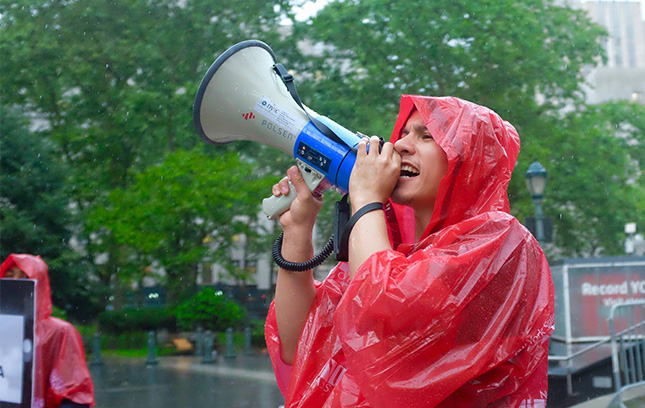
The Bond Between Direct Services and Advocacy
Efforts to improve systems through advocacy and policy reform strategies were not clear to me until I heard a parable:
One day, a villager spotted a baby floating in the river. The villager yelled for help and immediately jumped in the water to save the baby. Other villagers began to gather and saw that there were other babies floating, as well. In a short time, the villagers became well organized in pulling the babies out of the river. While they were working frantically to rescue the babies once on shore, another group of villagers began to head upstream. When asked where they were going, they replied, “Upstream, to see why the babies are in the river in the first place.” People working in direct services fields are synonymous with the villagers who jump into the water without hesitation and create an efficient system for pulling the babies out. Every day, service providers are on the front lines of community care. They help individuals and families heal from trauma, and give them access to resources they need to move past the tough points in their lives. Providing an immediate response to these needs is critical, but only half the battle.
People working in policy and advocacy are the villagers heading upstream looking for the intrinsic causes of the issue. To change the outcome of a situation, one must understand its origin. However, if we solely focus on addressing the causes of systemic inequity, we fail to meet the present needs of people struggling because of it.
In order to create meaningful, effective, and lasting change, tackling both immediate needs and their root causes are equally important and crucial. Here at Fortune, we have 50 years of experience providing direct services that help individuals with justice involvement thrive. Simultaneously, we work to change policies that oppress and marginalize this community, including those with HIV/AIDS and histories of homelessness, substance use, and mental health needs, in the first place.
The symbiotic relationship that exists between our advocacy and direct service programs demonstrates a best practice model. While working to address the policy barriers that individuals with justice involvement face, our service staff provide supportive care to confront the daily consequences of these obstacles head on. Our advocacy efforts are then informed by this experience, and are reprioritized according to the evolving needs of those within our community.
Personally, the first time I stepped into Fortune’s doors in 2010 after serving six years in prison, I knew that it was more than a reentry organization. I soon learned of the David Rothenberg Center for Public Policy (DRCPP) and the importance of advocacy to change policies that negatively impact people like me. Now, more than seven years later, I’ve returned as the DRCPP’s Associate Vice President of Policy. I’m excited to work alongside and on behalf of individuals who have the most to gain from current and future criminal justice advocacy efforts.
And I look forward to engaging with anyone passionate about our work. Please reach out to connect with me at kcumberbatch@fortunesociety.org.
Written by Khalil A. Cumberbatch, Associate Vice President of Policy at The Fortune Society

